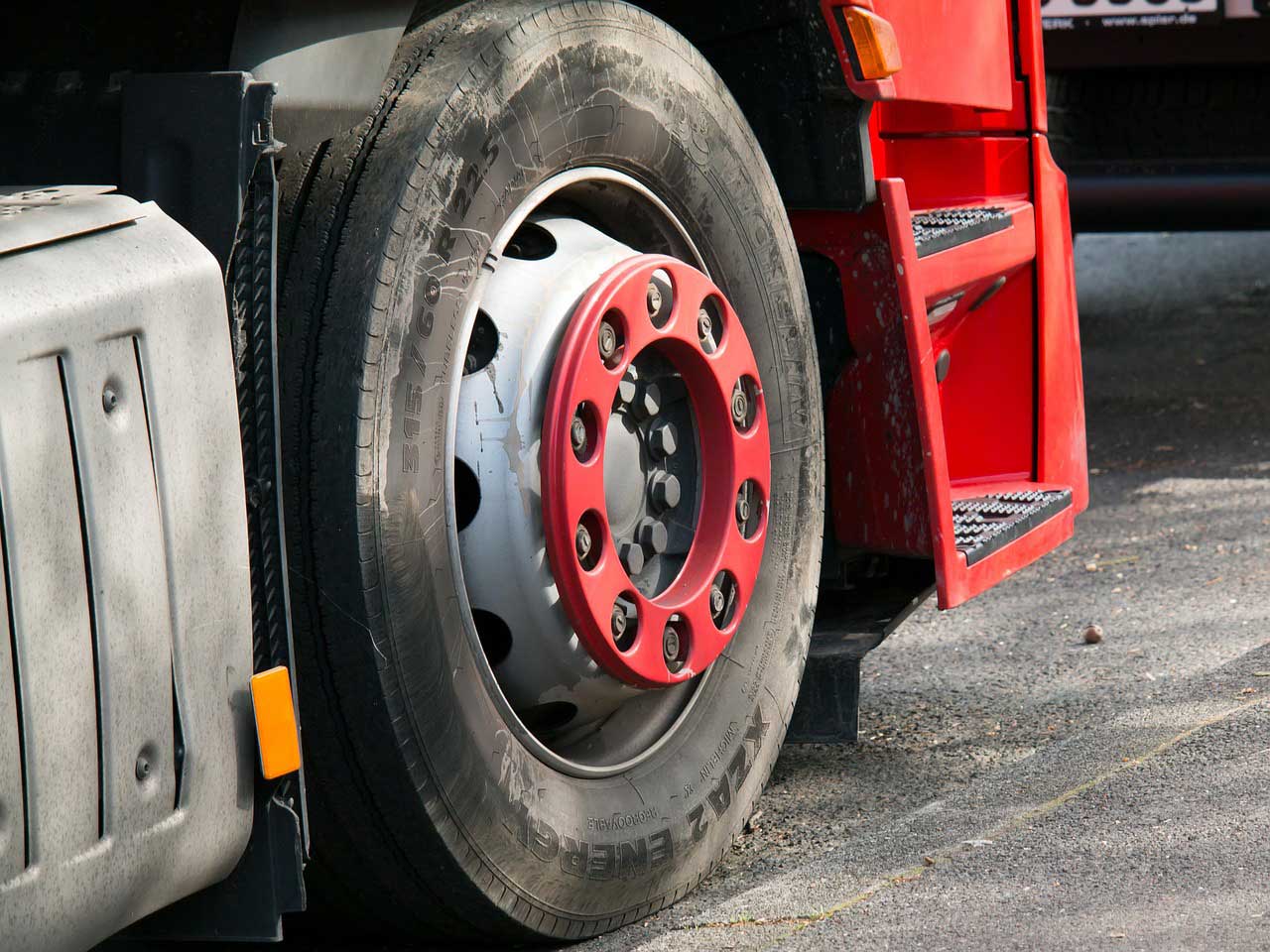
Commercial Nitrogen in Tires
One of the lesser known uses of nitrogen is its use in commercial and personal vehicle tires. Tires are an important part of the vehicles we use for transportation and it’s critical that they’re maintained for proper safety. Nitrogen gas has different properties that make it an ideal gas for use in tires. We’ll go into how nitrogen makes a difference and the benefits.
Commercial Benefits
There are advantages for commercial and industrial vehicles to use nitrogen in their tires. Aircrafts for example, have their tires filled with nitrogen because it is an inert gas, which means that it can withstand higher temperatures than air filled tires. Planes take off and land at speeds around 150 – 200 MPH causing a lot of heat from friction with the runway. In an emergency landing, the nitrogen in the tires helps prevent the tires and wheels from catching fire from overheating on the runway. Plane tires aren’t very big surprisingly, but they are very durable. Nitrogen gas maximizes air pressure giving them the extra strength to hold the weight of the plane.
The same could be said about race cars! Nitrogen is used for race cars because they take a lot of wear and tear and need to have durable tires that can take the heat over a long course. Even minor changes in tire pressure are a big problem for racers at high speeds. Nitrogen gas allows the tire pressure to remain constant throughout the entire race with fluctuating, extreme temperatures that regular air filled tires cannot handle.
At Air Source Industries, we top off all our delivery truck tires with nitrogen. Trucking companies are known to use nitrogen gas in their fleet tires for economic reasons. The tire pressure is more stabilized for a longer period of time which decreases the amount of frequency needed to check tire pressure. Because fleet trucks drive long distances for long periods of time and often times across the country, blowouts are very common. Using nitrogen in their tires reduces the chance of tire combustion, streamlining truck routes and lowering costs for fleet companies.
Personal Use & Benefits
People commonly check their tires at gas stations and use the free air to refill them when they are below the ideal air pressure. Air is made up of about 80% nitrogen, 20% oxygen and tiny amounts of other gases like carbon dioxide, helium, and water vapor. Many people don’t know that nitrogen can be used as an alternative to air and has additional benefits:
- Nitrogen gas in tires will help your tire pressure stay consistent. Oxygen in air filled tires will slowly escape over time through the walls of the tire. Nitrogen filled tires are less likely to escape. Keeping your tire pressure at the optimal levels can reduce your fuel costs and keep the tires in excellent condition while extending their lifespan.
- Moisture and water vapor in the tire can cause pressure changes as the temperature of the tire changes from driving and weather conditions. Nitrogen is a dry gas and when added to tires correctly, drives out water vapor and oxygen so there’s less chance of moisture inside.
Many tire and auto shops are now equipped to dispense nitrogen gas for tires. If your business is ready to start offering tire nitrogen, Air Source Industries can provide recommendations on how much nitrogen you will need.
Conclusion
Air Source Industries provides high quality commercial nitrogen gas to local businesses in Orange and Los Angeles counties. When you need high quality nitrogen gas for your business, Air Source Industries has you covered. For a free commercial nitrogen gas quote, please call our friendly staff at (562) 426-4017 or fill out our get a quote form to get started.
Sources
http://generaltire.com/latest-news/news-article/nitrogen-vs.-air
https://www.popularmechanics.com/cars/how-to/a3894/4302788/
https://www.wired.com/2016/08/airplane-tires/
https://www.nascar.com/en_us/monster-energy-nascar-cup-series/nascar-nation/nascar-edu/mobil1-technology-hub/nascar-mobil1-technology-tires.html
http://www.truckinginfo.com/channel/equipment/article/story/2010/08/nitrogen-tire-inflation.aspx

